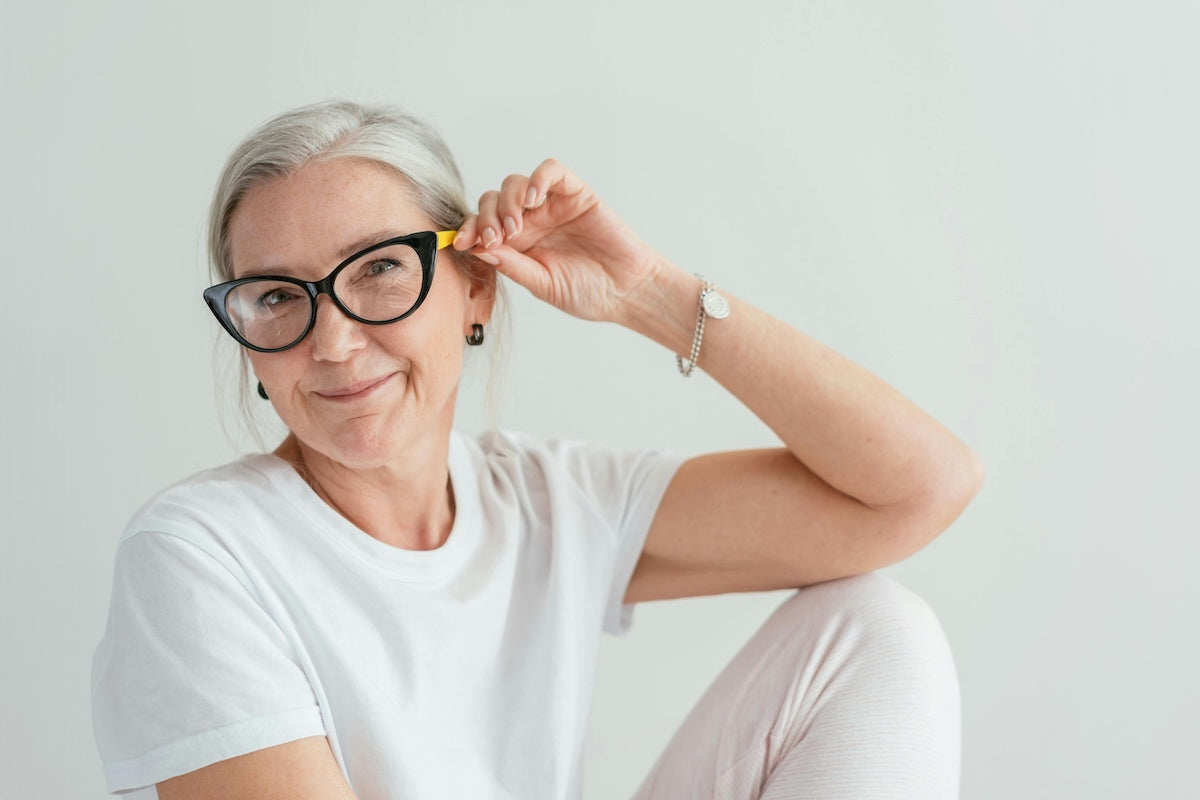
The #1 Way to Live Longer
(No Diets or Exercise Needed)
The research data just continues to grow. Volunteering (even as little as one hour a week) can slow down your “biological aging,” especially as you get chronologically older and after you retire. 1 Volunteering is also linked to several markers of overall good health—like lower blood pressure, lower cholesterol levels, improved immunity, improved cognitive function, lower levels of depression, and a lower risk for cardiovascular disease and heart attack. 2
Worried that you already may have blown it with some unhealthy lifestyle habits? Not a problem. The benefits of volunteering appear to hold steady regardless of your exercise level, smoking status, alcohol consumption, or body weight. 3 Literally, it’s like a magic potion for achieving a longer (and happier) life.
This short blog will cover four basic questions about the correlation between donating your time and aging better:
- What is “biological aging” and how is it different from chronological age?
- How is biological age determined?
-
What sort of volunteer activities are most positively linked to longevity?
-
What is about volunteering that actually helps keep a person “younger”?
What is “biological aging” and how is it different from chronological age?
Chronological age is just the number of years you’ve been alive. Biological age, on the other hand, is a measurement of how old (or youthful) your body’s cells and tissues are. “As we age, there’s wear and tear on our genetic material,” says Gary Small, MD, chair of psychiatry at Hackensack University Medical Center in New Jersey. Biological age is an assessment of how well your actual cells and tissues are holding up.
How is biological age determined?
Various tests can help determine biological age. Biomarkers like blood pressure and heart rate are taken into account. Your physical appearance also offers clues, like the amount of wrinkling in your skin and how much of your hair has turned grey. The most sophisticated assessment tool is epigenetic testing which calibrates how significantly the expression of your DNA has (or has not) deteriorated. Experts say that makes it a pretty sophisticated predictor of life expectancy.
Sajad Zalzala, MD, longevity physician and medical director of AgeslessRx explains it this way: if a 40-year-old has a biological age of 60, that could indicate poorer health and reduced longevity. Conversely, if a 70-year-old has a biological age of 53, that’s a sign of relatively better health and potentially longer life expectancy.
What sort of volunteer activities are most positively linked to longevity?
Any kind! This is one of the great revelations to emerge from the research. Plus, you don’t have to exhaust yourself running five miles daily as a volunteer coach for the local high school track team. Of course, you can if you want to. But sitting at a table, folding leaflets for a social cause that you find important is just as helpful in slowing your biological aging process. This is true even if you contribute just 1 hour a week. However, the more you volunteer, the more pronounced the benefits become. At 200 hours a year (about 4 hours a week), the benefits are “significant”. And donating more than 4 hours weekly is associated with the greatest reduction in biological aging. 4
What is it about volunteering that actually helps keep you biologically “younger”?
Experts are still unsure. Many suspect that it has a lot to do with the physical activity associated with volunteering. The simple act of getting yourself to the volunteer site involves movement, and that’s a plus. In addition, most volunteer assignments involve some (at least minimal) physical activity. That’s another plus. Other researchers speculate that the social connection that comes with volunteering has a big impact. 5 It helps build a community network for people. That’s good because studies have definitely shown that loners don’t age well. Still other scientists speculate that volunteer involvement creates a sense of personal identify and purpose that improve well-being and, quite literally, give us a reason to keep living.
Don’t over-analyze it!
For whatever combination of reasons, study after study comes to the same conclusion: giving free time to an organization or campaign that you find meaningful will enhance your life, physically and cognitively. So give in to that, even as experts continue to refine their analyses of exactly how it all works. It costs nothing. You’ll probably gain a sense of contributing something of value to something (or someone) that can really use the boost. And when you shut your eyes to go to sleep after a volunteer day, you might actually feel inexplicably better about yourself. And the world.
Let me know your thoughts. And stay well.
Kate Vozoff is CEO of Amazing-Solutions, a Lamaze certified childbirth educator, and writer with special interests in holistic health.
Sources
- Does volunteering reduce epigenetic age acceleration among retired and working older adults? Results from the Health and Retirement Study. Social Science & Medicine. Accessed May 31,2025.
- Health benefits of volunteering: Live longer and thrive. tfhd.com/news. Accessed May 31, 2025.
- Do This 1 Thing Every Week Can Help Slow Your Biological Aging. msn.com/en- us/health. Accessed May 25, 2025.
- Volunteering reduces rate of aging study finds. Washingtonu.edu. Accessed May 25,2025.
- Want to stay healthier and fulfilled in life? Try volunteering. Midland Daily News. April 4, 2025. Accessed May 25, 2025.
